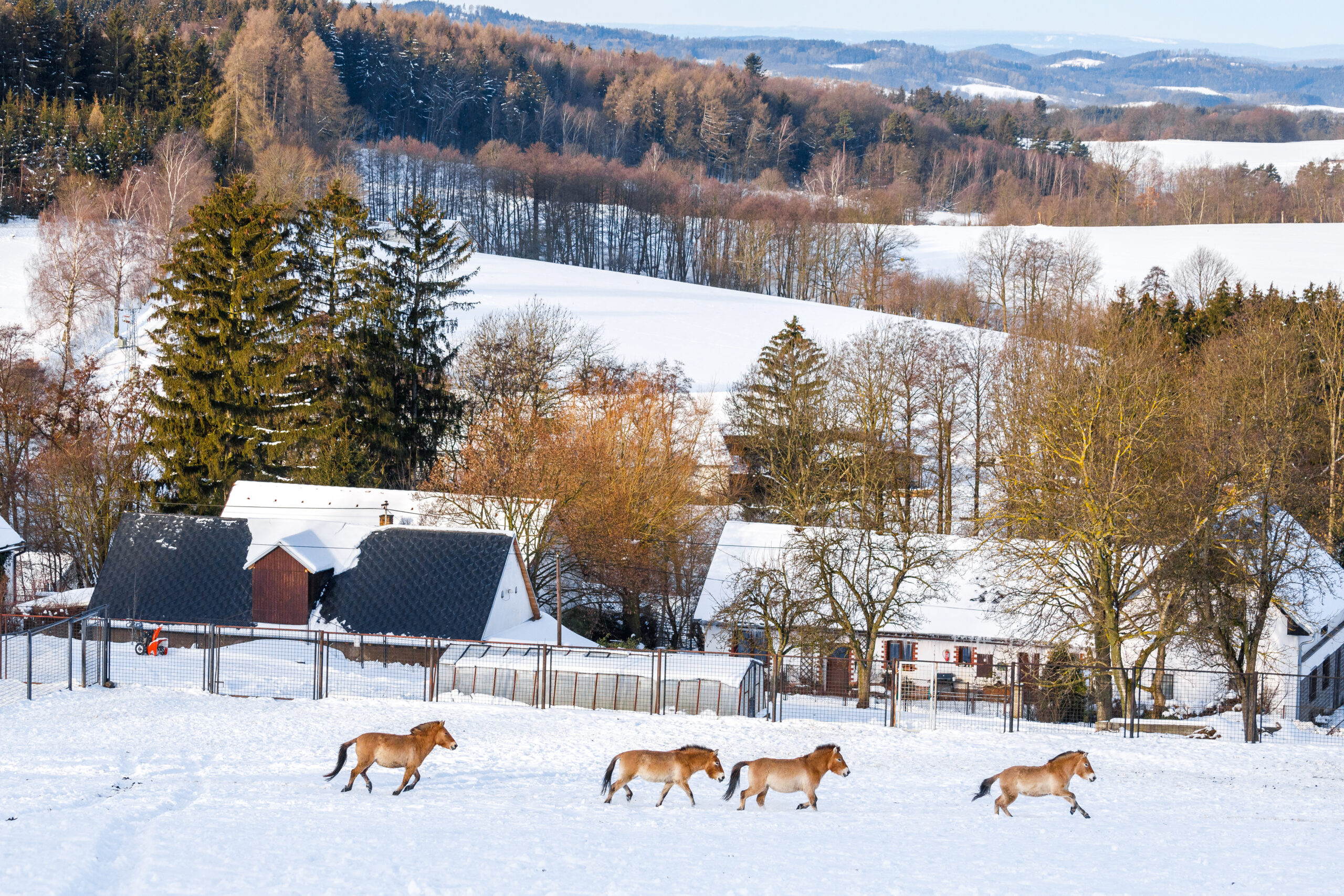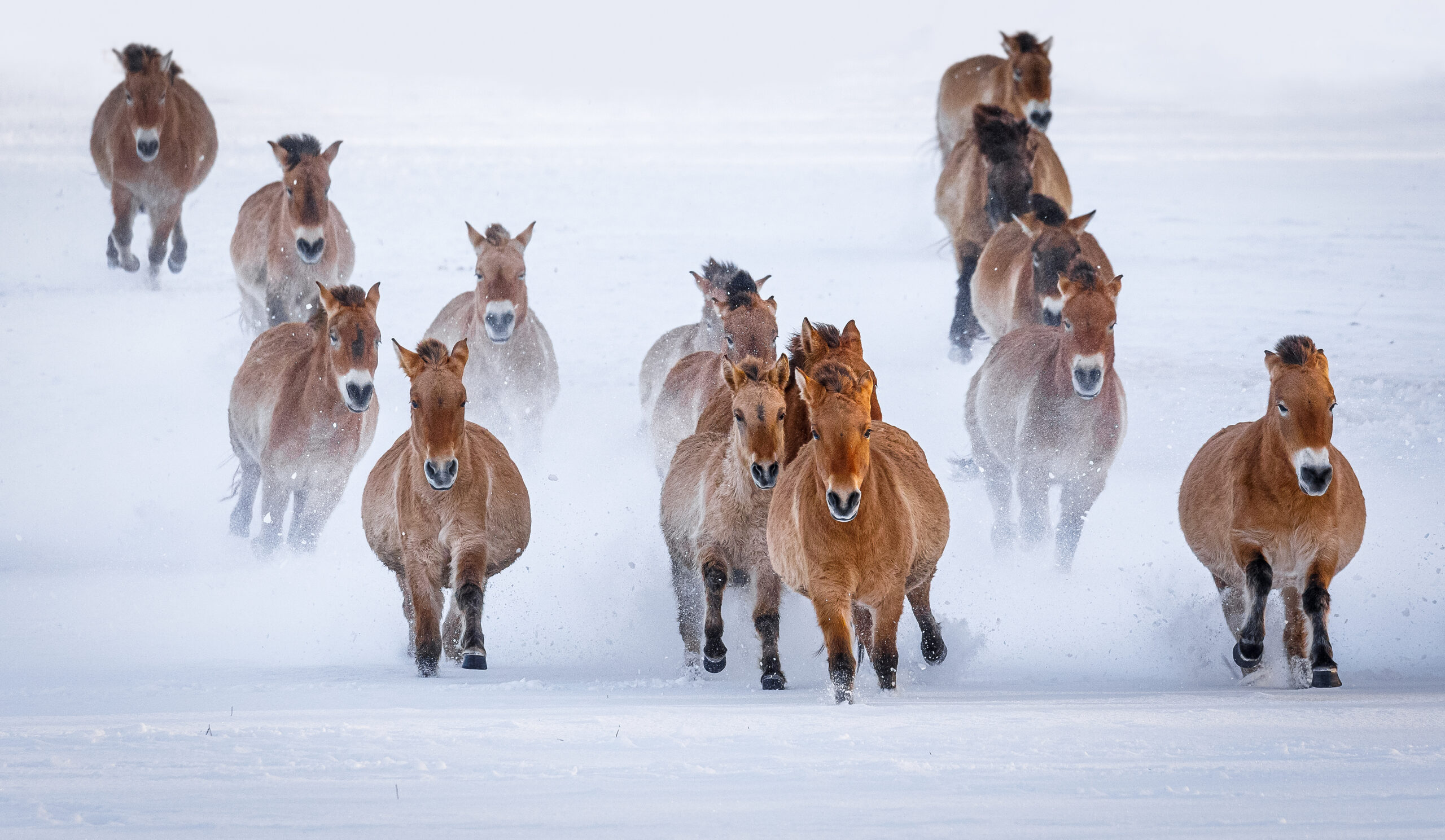Przewalski’s Horse to return to Kazakh steppe

Plans are underway to reintroduce Przewalski’s horse, a genetic descendent of the Botai horses domesticated in Kazakhstan some 5,500 years ago, to Kazakhstan’s central steppes, following a more than 100-year absence from the country. Per terms of the multi-stakeholder agreement between government and zoological entities in Kazakhstan, Czechia, Germany, and Hungary, the horses will be moved from their current homes in European zoos and a national park in Hungary to Kazakhstan’s Altyn Dala State Nature Reserve and adjacent areas. Efforts to relocate approximately 40 horses will take place over a five-year period, with the initial transport of eight horses scheduled for early June. Reintroduction of Przewalski’s horse to Kazakhstan is conducted under the framework of the “Return of the Wild Horses 2024” project.
Upon arrival in Kazakhstan, the horses will temporarily live at the Wild Hoof Animal Reintroduction Center (named “Alibi”) operated by the Association for the Conservation of Biodiversity of Kazakhstan (ACBK), which has been preparing the facilities and infrastructure and training staff since 2012. There, specialists will monitor the horses, provide them with satellite tags for tracking, and monitor their behavior upon release to support their long-term survival in the wild.
Reintroducing Przewalski’s horse to steppe ecosystems provides important ecological services. First, the horses distribute plant seeds across the grasslands, complementing the same work being done by Saiga antelope. Second, the horse’s manure provides nutrients to other plants and decomposers, such as insects. Lastly, horses paw in dry riverbeds or deep snow, creating access to water for other less powerful wildlife in the ecosystem.
Bringing the species back to Kazakhstan has seen its share of rough patches, both setbacks that have since been resolved and logistical hurdles remaining. Overcoming the major legal obstacle of including Przewalski’s horse in Kazakhstan’s Red Book was critical, since the program could not be executed until that happened. Doing so took longer than expected, but the horse finally achieved legal status in 2021 when it was listed in the country’s Red Book as a protected species.
Moving the horses from their current homes in Europe to Kazakhstan requires, among other logistics, enhancements to the airport closest to the Alibi reintroduction center and more infrastructure changes at the reintroduction center. The Prague Zoo, working with the Czech military, will lead the horses’ transport.
EWandP will keep you updated as their arrival approaches. Stay tuned!
- Learn more about Przewalski's horses in Central Asia

